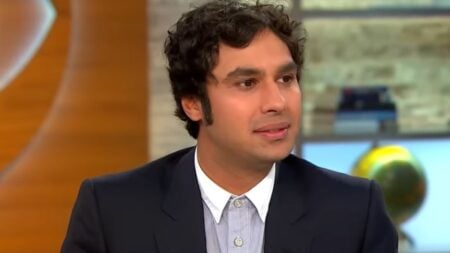The U.S. Securities and Exchange Commission (S.E.C.) has filed a lawsuit against Elon Musk, alleging violations of securities laws during his $44 billion acquisition of Twitter, now rebranded as X. The agency contends that Musk delayed the mandatory disclosure of his stake in the company, allowing him to acquire additional shares at an “artificially low price,” saving him an estimated $150 million.
The lawsuit, filed just days before President-elect Donald Trump’s inauguration and reported by Reuters, raises questions about the future of the case under new S.E.C. leadership. Trump has indicated he plans to replace outgoing S.E.C. Chair Gary Gensler with Paul Atkins, a pro-business conservative. Many expect the incoming administration to deprioritize or even withdraw the lawsuit entirely.
Musk’s attorney, Alex Spiro, dismissed the case as a baseless, politically motivated attack, calling it a “ticky-tack complaint” in a statement. The S.E.C., however, views the matter as a critical warning to high-profile individuals attempting to circumvent securities regulations. “Billionaires who engage in litigation warfare are going to comply with the law like every other American,” said Dennis Kelleher, CEO of advocacy group Better Markets.
The accusations stem from Musk’s delayed disclosure of his growing stake in Twitter. Under federal law, investors must report when their ownership in a public company exceeds 5%. Musk surpassed this threshold in mid-March 2022 but waited until April 4 to disclose his position, during which time he continued to buy Twitter stock. Once his holdings were revealed, Twitter’s stock price surged by more than 27%, leaving other investors at a disadvantage.
Despite the seriousness of the allegations, Musk himself appears unfazed, taunting the S.E.C. on X in recent weeks. The billionaire’s dismissive attitude was echoed by some of his supporters, with one user posting on CNN’s thread, “Suing someone for being a good businessman.” Critics, however, were quick to highlight what they see as a troubling pattern. “The richest man in the world cheated to get richer… there’s a surprise,” one user laughed on X.
The platform’s users were divided on the implications of the lawsuit. Some viewed it as a last-ditch effort by the Biden administration to hold Musk accountable. “SEC better take pictures of their office this week if they want to remember what it looked like,” one commenter remarked, anticipating that the new administration would dismantle the case. Others expressed frustration over Musk’s perceived invincibility. “I guess he’ll pay a fine, likely what would equate to most of us as a 50-cent penalty,” another user noted cynically.
For Musk, the stakes extend beyond financial penalties. His actions have fueled shareholder lawsuits and investigations by other agencies, including the Federal Trade Commission, which has raised concerns about X’s ability to safeguard user privacy following mass layoffs and executive resignations.
While Musk’s defenders argue that the complaint amounts to political theater, legal experts suggest the case underscores a broader concern: the accountability of billionaire investors in an era of increasing economic inequality. As one commenter succinctly put it, “Classic: The rich get richer.” Whether this lawsuit will result in meaningful consequences—or vanish under new leadership—remains to be seen.








